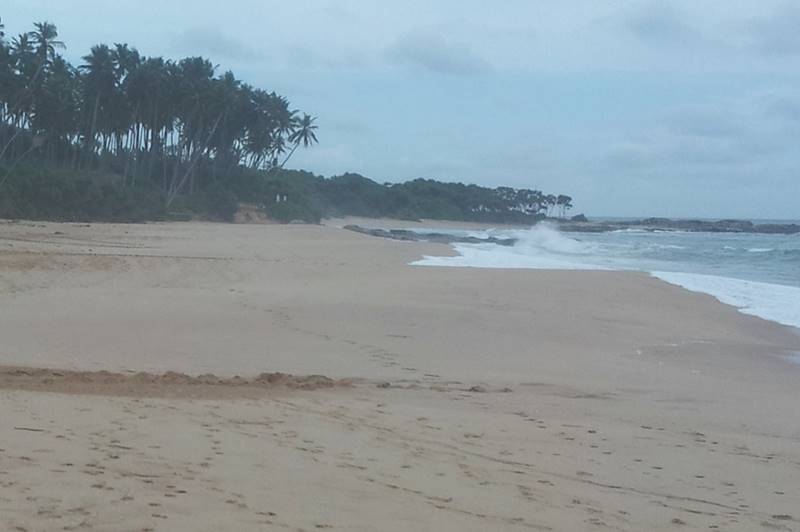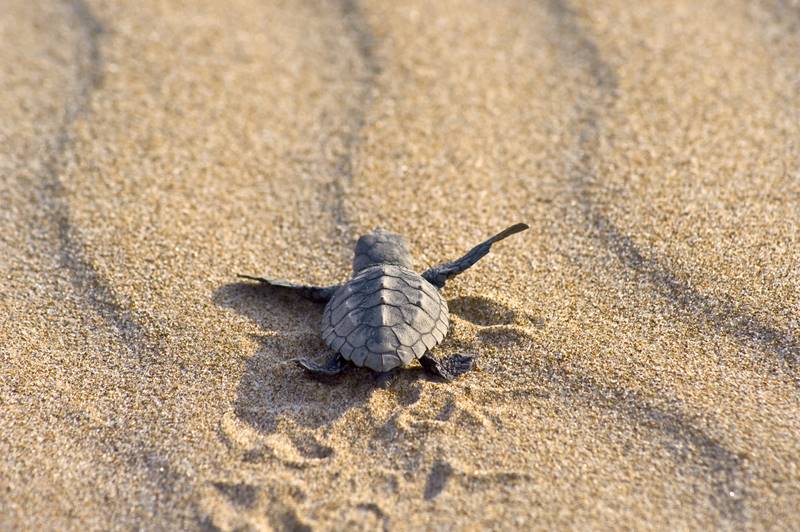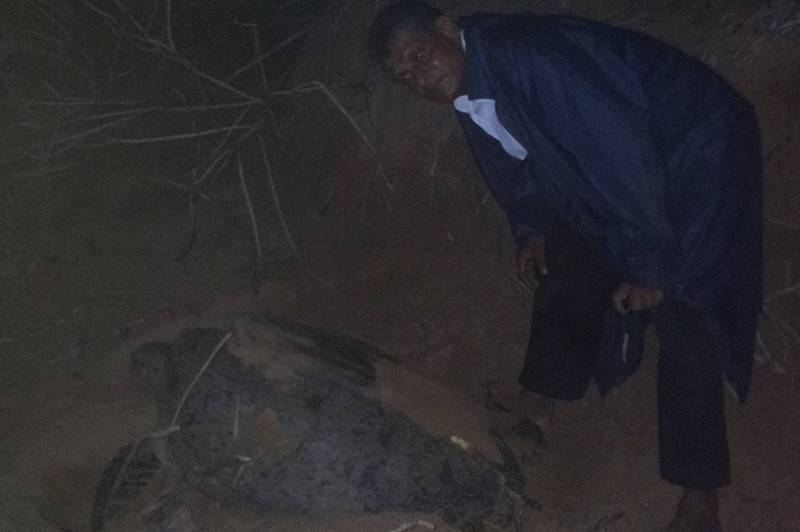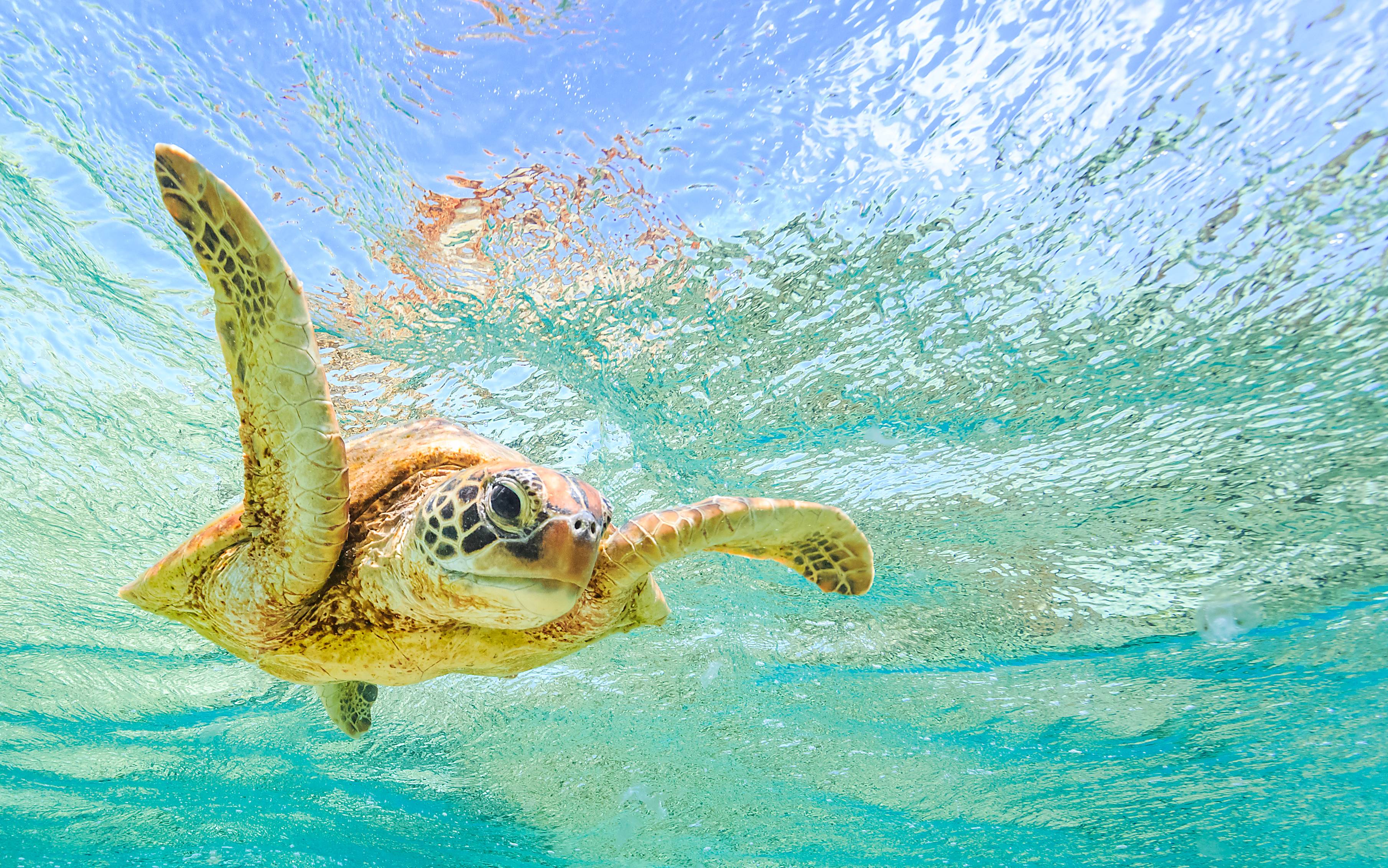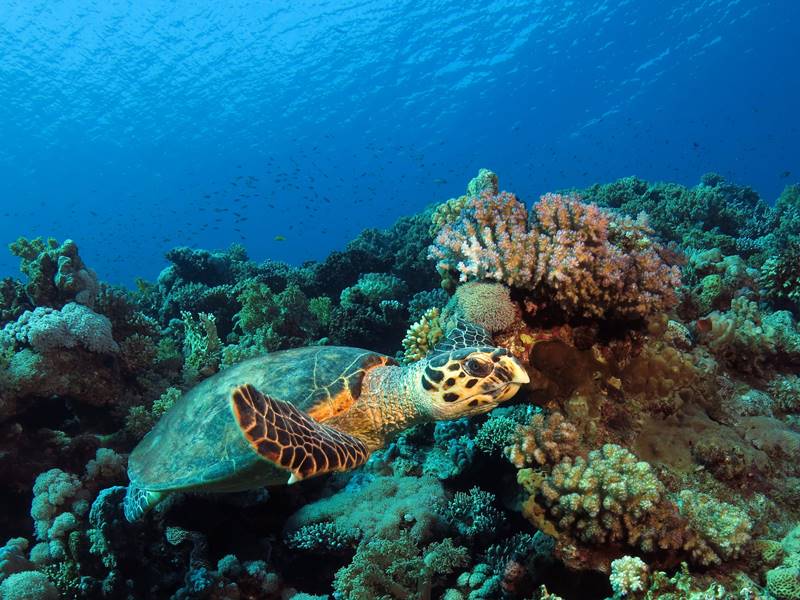
Fundraising target: £2,100 +
Funds donated: £3,500
Project: to fund beach patrols for at least 30 days + essential Turtle Watch kit. This is one of 21 projects nominated for our 21 For 21 programme.
21 For 21 Project Partner: Rekawa Turtle Watch
Rekawa Turtle Watch is a community-run marine turtle conservation group which relies on income from ecotourism to operate round-the-clock beach patrols at Rekawa in Sri Lanka.
Find out more about Rekawa. Set up a 21 For 21 Fundraising Page.
About Rekawa Turtle Watch
The 2km stretch of Rekawa beach immediately westwards of the Rekawa headland, near Tangalle, provides nesting habitat for marine turtles. The undisturbed coastal vegetation and wide, clean sandy beach create the ideal conditions for female turtles when they come ashore to nest at night. Of the seven species of marine turtles in the world, five come ashore to nest in Sri Lanka. They are the endangered Green turtle (Chelonia mydas), vulnerable loggerhead turtle (Caretta caretta), olive ridley turtle (Lepidochelys olivacea) and leatherback turtle (Dermochelys coriacea) and critically endangered hawksbill turtle (Eretmochelys imbricata). Marine turtles are protected under Sri Lanka government legislation. The most widespread form of sea turtle exploitation in Sri Lanka is the illegal poaching of turtle eggs.
In the past, local villagers collected almost all the turtle eggs laid on Rekawa beach as well as taking some adult females.
Back in 1996 a Sri Lankan organisation initiated an in-situ marine turtle nest protection project at Rekawa, employing former egg poachers as the nest protectors. With the new scheme, almost 100% of turtle nests were protected.
However due to lack of funding the ‘Turtle Watch’ programme faced closure in 2012 and was handed over to the nest protectors who have worked to create a sustainable community programme.
How it Works
Nest protectors are trained as tourist guides with the support of the Sri Lanka Tourism Development Authority. For a small fee, tourists come to the education centre, receive an information briefing on Rekawa and are taken out at night to see a nesting turtle. Only red lights are used and the tourists are ushered along the beach silently. Once a nesting turtle starts laying they go into a trance-like state and it is safe to approach, allowing visitors the special opportunity to witness egg laying in-person.
The project ensures the beach is monitored day and night according to a fixed schedule and employs 20 members of the local community. The nest protectors are paid $6 US per six hour shift from eco-tourism income. The nests are kept in the original place, protected with wire mesh from predators such as dogs and large lizards until the eggs hatch and race to the sea.
Support for Turtle Watch
In recent years the project has struggled due to a combination of factors which have impacted visitor numbers to Sri Lanka and reduced income.
Although the project has successfully secured some emergency funding it is expected that this will run out in February 2021 and further funds will be needed until tourism can recover. To grow, the project also needs to train an additional community member to run talks at the education centre which are currently led by Mr Saman, to set up a pre-booking system for tourists wishing to visit the project so the beach is not overwhelmed at any one given time, and to replenish supplies of equipment such as red torches and educational materials.
In order to continue protecting nests throughout the pandemic, the 20 protectors have cut their shift rate in half, to just $3 US per 6 hour shift. With the rota, each person works around 22 shifts a month giving an income of just $66 USD (down from $132). By maintaining patrols between May and August 2020 they valiantly protected 765 turtle nests allowing around 70,000 hatchlings to reach the sea.
21 For 21 funding will support 30 days of patrols (15 shifts a day @ $6 US for 30 days). Remaining funds will provide batteries for red torches, and electricity and fresh water for the centre.
Visit Sri Lanka through our responsible travel network.
Images courtesy of Rekawa Turtle Watch
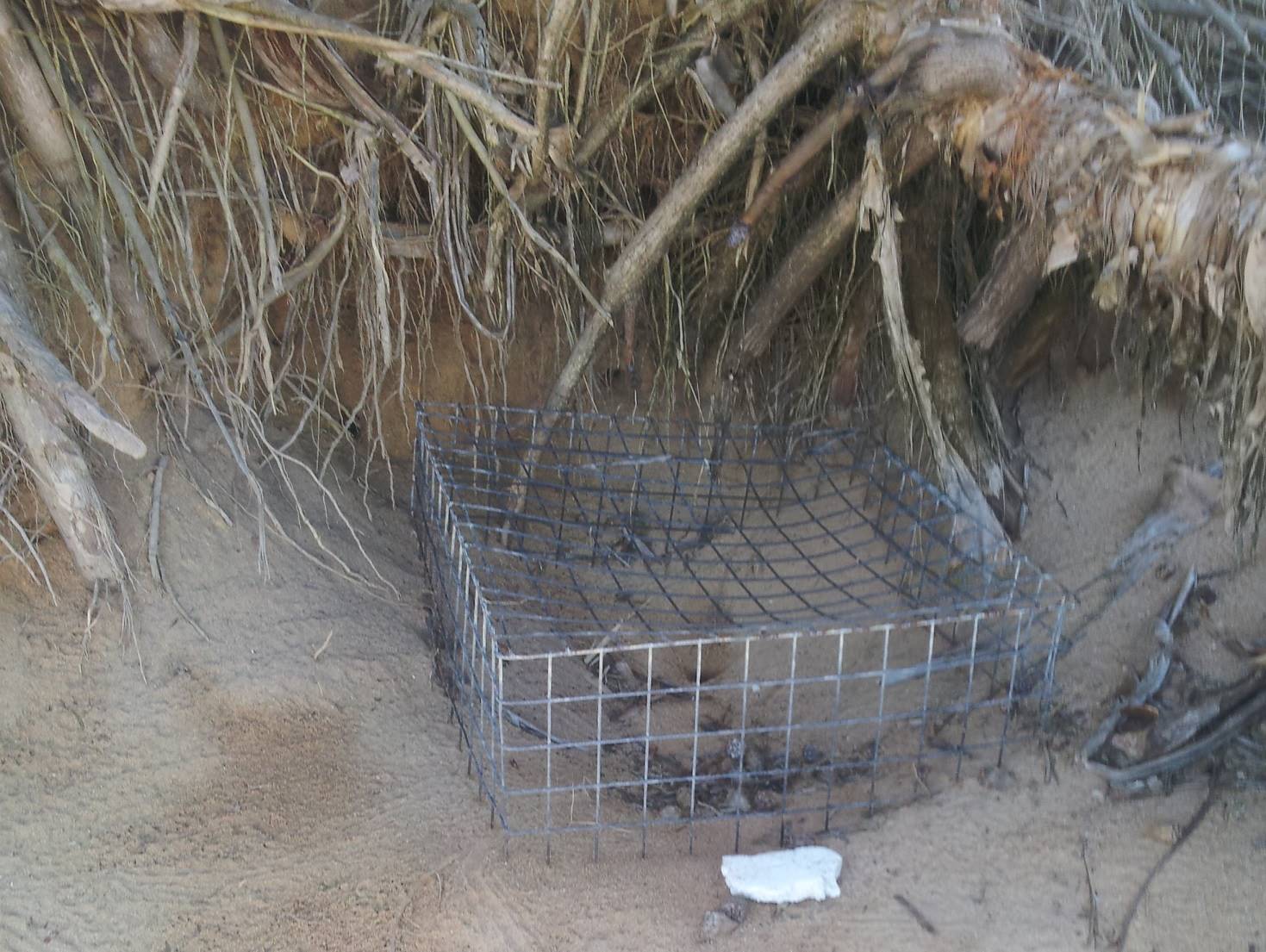
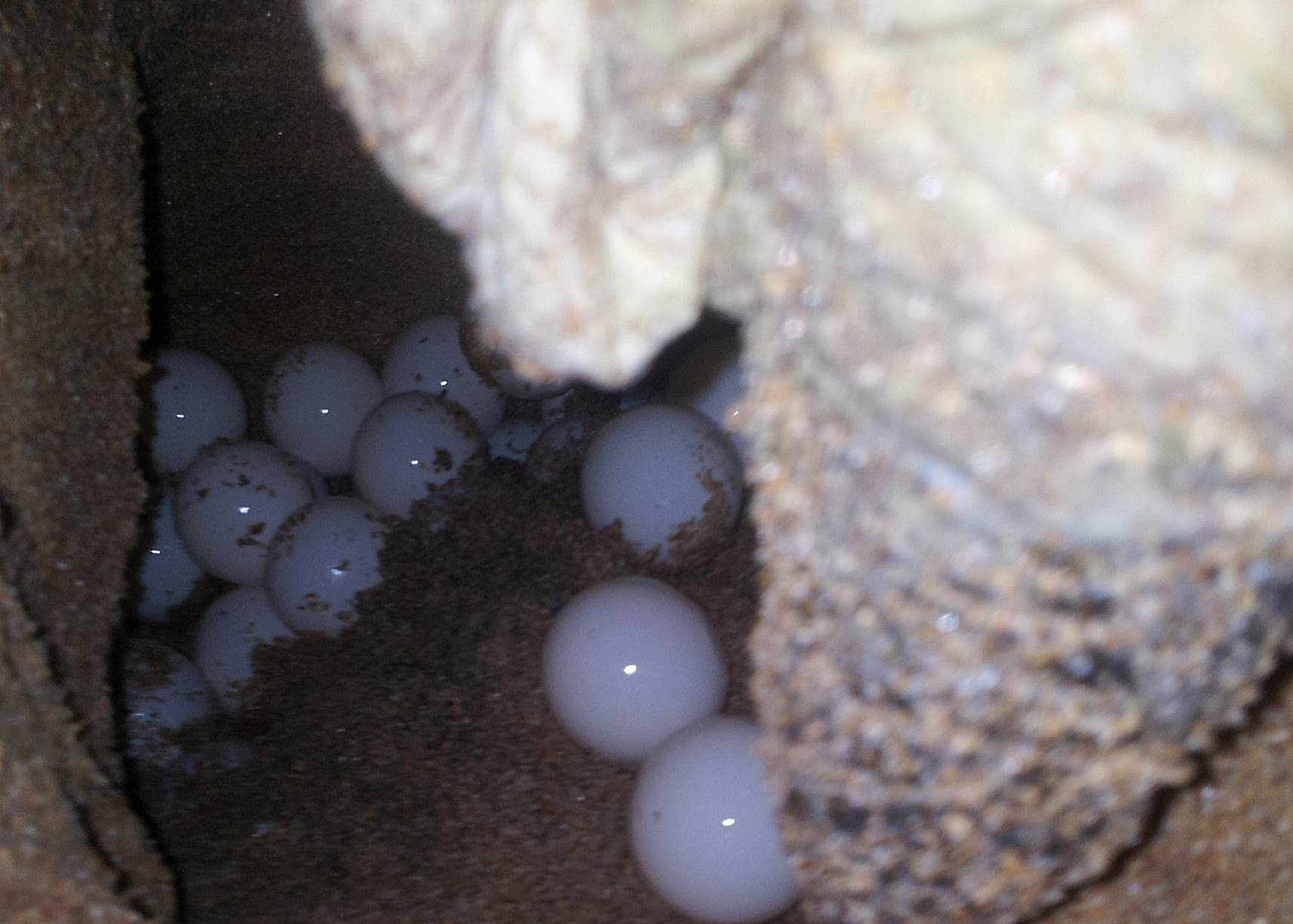
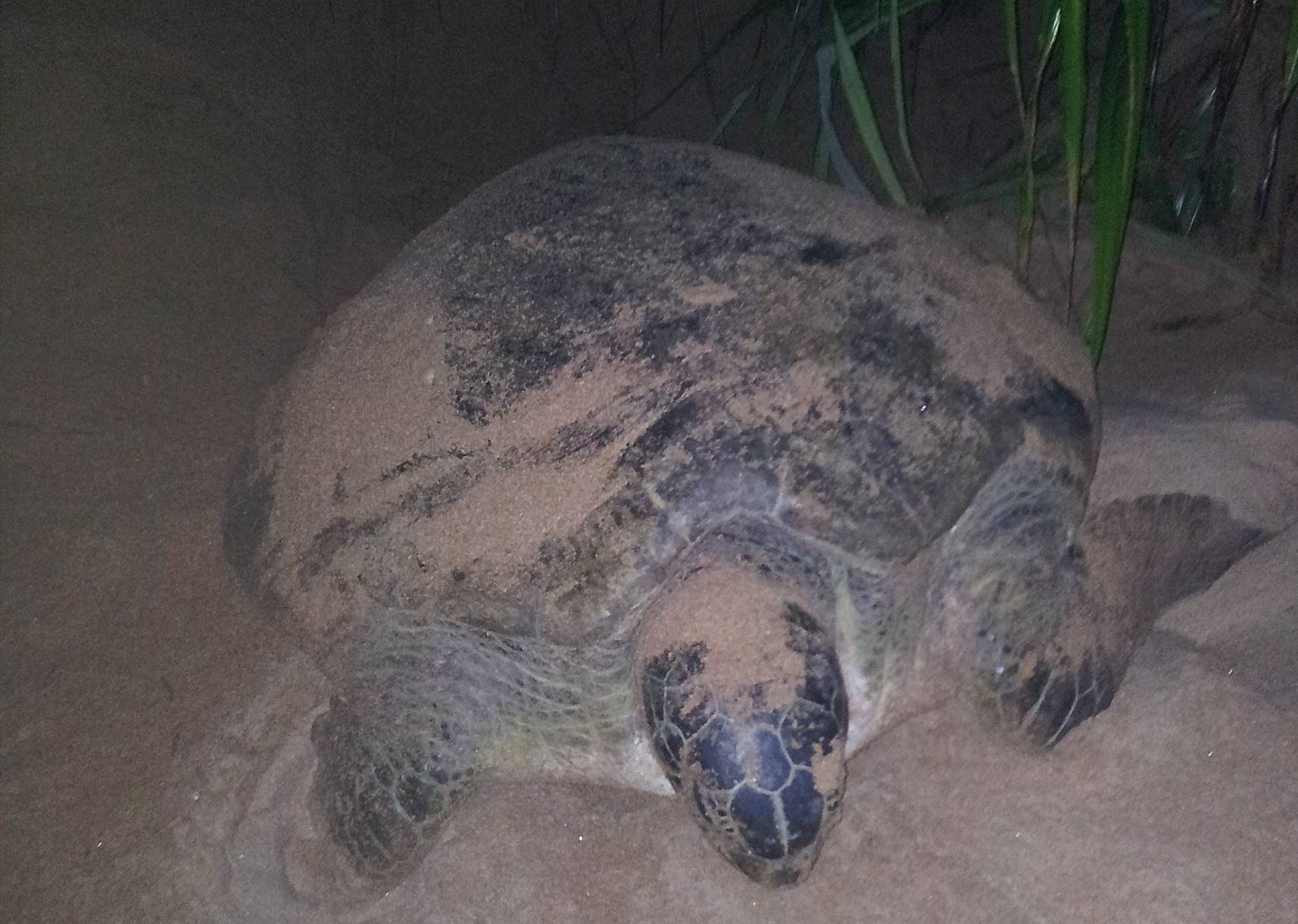
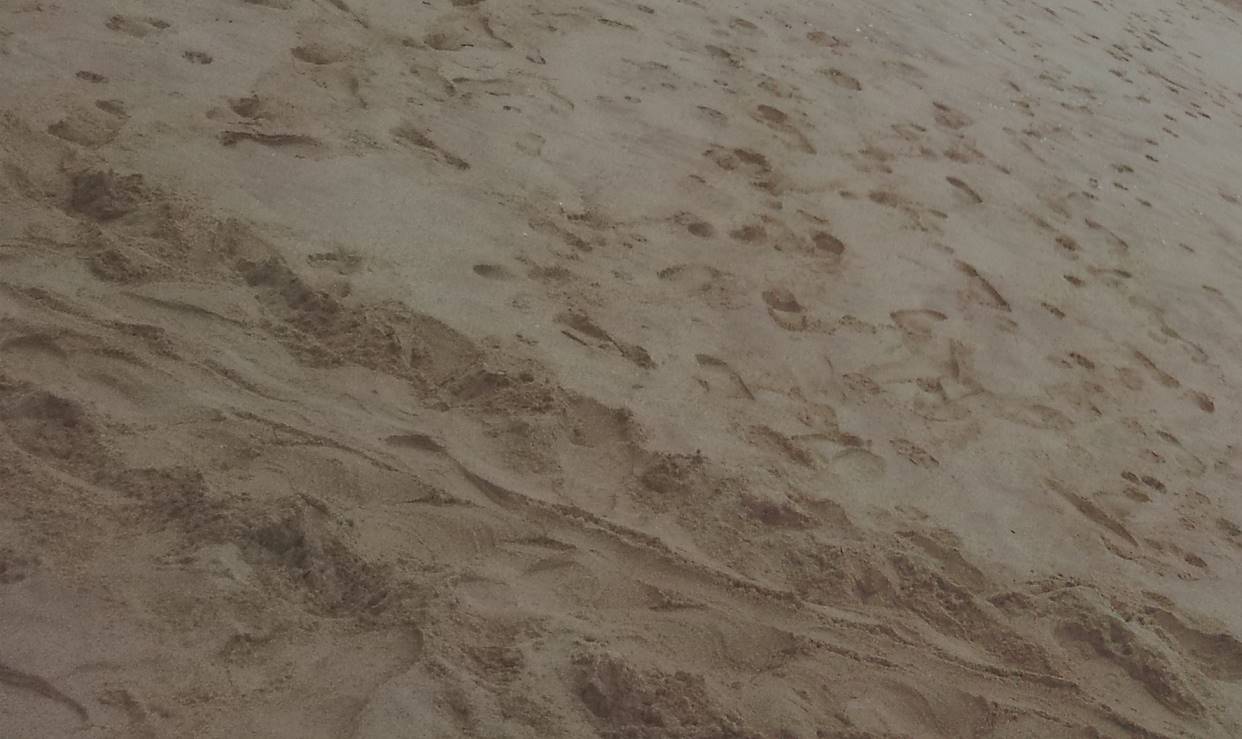
All funds raised during 2021 will contribute to the 21 For 21 Project Fund so please do sign up for a sponsored challenge (details here), support our creative initiatives (details here), or make a donation if you are able to. Every Pound makes a difference. Thank you.
